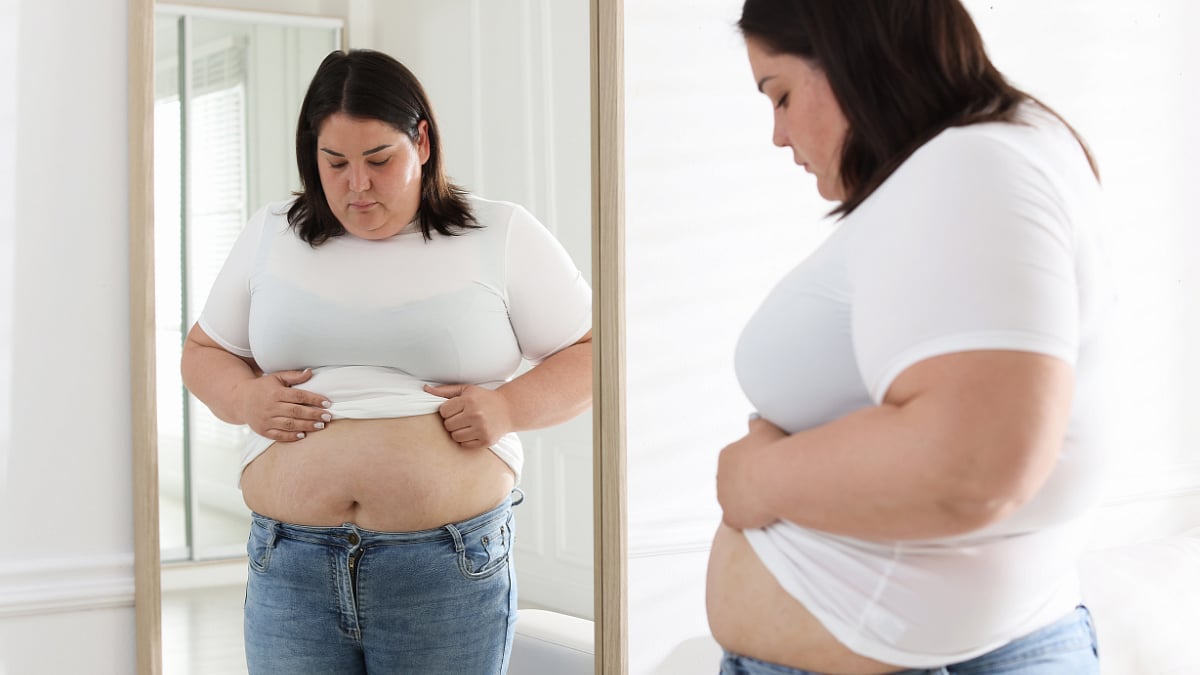London: Researchers, including one of Indian-origin, have found that anxiety and stress directly linked to Covid-19 could be causing a number of body image issues amongst women and men.
The research, led by Professor Viren Swami of Anglia Ruskin University (ARU) and published in the journal Personality and Individual Differences, involved 506 UK adults with an average age of 34.
Amongst women, the study found that feelings of anxiety and stress caused by Covid-19 were associated with a greater desire for thinness. It also found that anxiety was significantly associated with body dissatisfaction.
In the male participants, the study found that Covid-19-related anxiety and stress was associated with greater desire for muscularity, with anxiety also associated with body fat dissatisfaction.
Negative body image is one of the main causes of eating disorders, such as anorexia and bulimia. This new study adds to recent research indicating that fears around Covid-19, and the consequences of the restrictions introduced to help tackle it, could be contributing to a number of serious mental health issues.
"Our results suggest the pandemic could also be leading to a rise in body image issues. In some cases, these issues can have very serious repercussions, including triggering eating disorders," said study lead author Viren Swami, Professor of Social Psychology at Anglia Ruskin University (ARU), said:
"During the lockdown period, our screen time increased, meaning that we were more likely to be exposed to thin or athletic ideals through the media, while decreased physical activity may have heightened negative thoughts about weight or shape," Swami added.
At the same time, it is possible that the additional anxiety and stress caused by Covid-19 may have diminished the coping mechanisms we typically use to help manage negative thoughts. The study also found that when stressed or anxious, our pre-occupations tend to follow gender-typical lines.
During lockdown, women may have felt under greater pressure to conform to traditionally feminine roles and norms, and messaging about self-improvement may have led to women feeling dissatisfied with their bodies and having a greater desire for thinness.
"Similarly, our findings reflect the way in which stress and anxiety impact men's relationships with their bodies, particularly in terms of masculine body ideals," Swami said.
"Given that masculinity typically emphasises the value of toughness, self-reliance, and the pursuit of status, Covid-19-related stress and anxiety may be leading men to place greater value on the importance of being muscular," the author noted.










